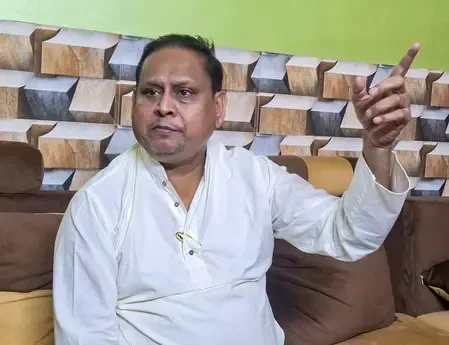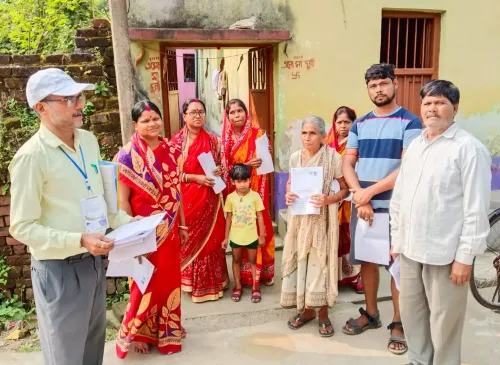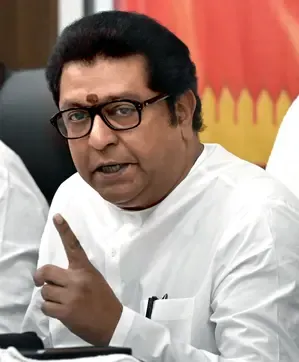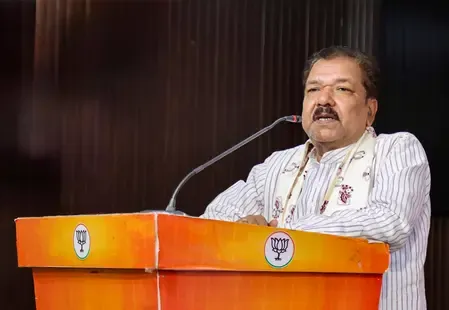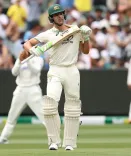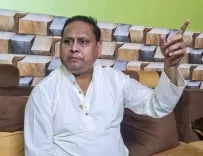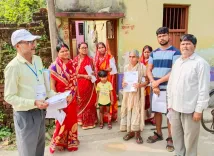Commotion in Lok Sabha as SP Leads Opposition Against Waqf Bill
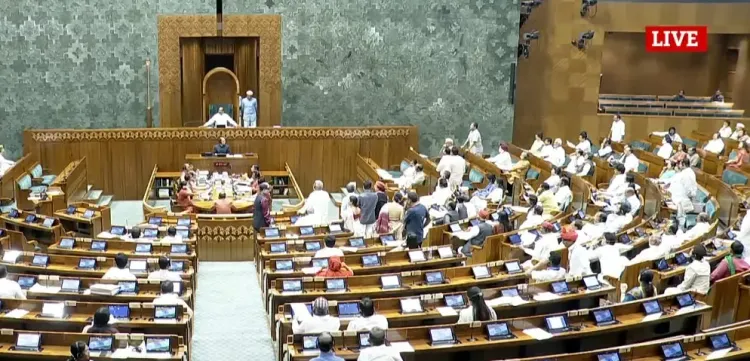
Synopsis
Key Takeaways
- Opposition MPs protested against the Waqf (Amendment) Bill.
- The Samajwadi Party labeled the Bill unconstitutional.
- Speaker Birla struggled to maintain order in the House.
- Various leaders voiced their opposition to the Bill.
- Parliamentary Affairs Minister urged for informed debate.
New Delhi, April 1 (NationPress) The final segment of the Parliament Budget Session 2025 commenced on a tumultuous note on Tuesday, as Opposition MPs prompted an adjournment in the Lok Sabha due to protests spearheaded by members of the Samajwadi Party concerning the Waqf (Amendment) Bill.
The Samajwadi Party MPs brandished placards and persistently disrupted the proceedings around noon, labeling the Bill as unjust and unconstitutional.
Despite Speaker Om Birla’s admonitions to refrain from chanting slogans in the House, the session was adjourned until 2 p.m.
“The House will operate only if you lower the placards,” Speaker Birla cautioned earlier, asserting that he would not permit any slogan-shouting.
“The House will proceed according to the rules,” declared the Speaker, ultimately deciding to suspend the session.
The discord in the Lok Sabha seemed to stem from conjecture that the government might attempt to present the Bill, which is facing opposition from various parties.
Following the adjournment, All India Majlis-e-Ittehadul Muslimeen (AIMIM) Chief Asaduddin Owaisi condemned the Waqf (Amendment) Bill during an interview with IANS, stating, "All these actions have one objective, which is hatred against Muslims, and this is a project under the ideology of Hindutva in this country to alienate Muslims from their religion and seize their religious properties."
“Our demand is straightforward: what is deemed appropriate for the Hindu religion and the Endowment Board should not be considered wrong here...,” he continued.
Discussing the Bill, NCP MP Fauzia Khan mentioned to IANS, "The government will introduce it, but we will resist it. Our party, along with the entire Muslim community, will oppose it..."
BJD MP Sasmit Patra remarked to IANS, "The position of Biju Janata Dal is unequivocal. We are against this Bill. We have expressed numerous concerns about this Bill previously, and we believe the manner in which this bill is being forcibly passed is inappropriate..."
On the eve of the session’s resumption, Parliamentary Affairs Minister Kiren Rijiju on Monday urged 'certain groups' within political factions and Muslim organizations to stop disseminating falsehoods about the Waqf Amendment Bill.
Rijiju indicated that the Waqf Amendment Bill would soon be introduced in Parliament and called upon the Opposition for a thorough and informed discussion on the matter. He also suggested that, if necessary, the House might extend its sessions to facilitate the passage of the Bill.


